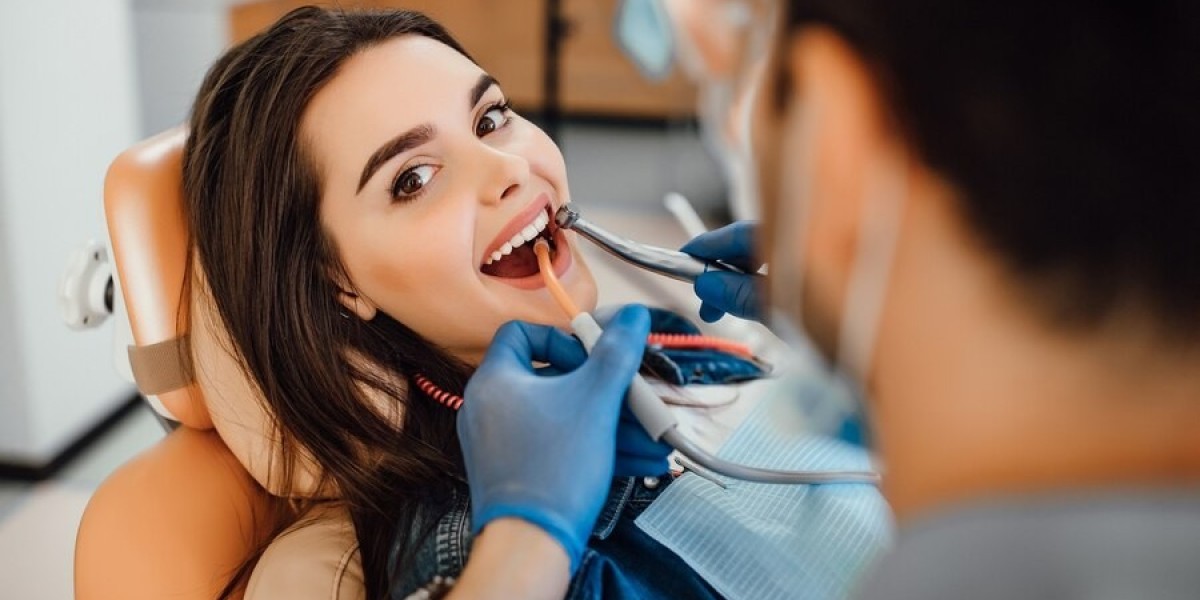Managing Varicose Veins: Symptoms, Risk Factors & Treatment Options
Varicose veins aren't just a cosmetic issue—they indicate problems with circulation and weakened vein walls. If ignored, they can cause pain and swelling and sometimes develop into serious vascular health conditions. This blog will look into their causes, symptoms, risk factors, and effective ways to manage them. We'll also discuss when it's essential to visit a general physician or the best physician in Hyderabad for proper treatment.
What Are Varicose Veins?
Varicose veins are enlarged, twisted veins that usually appear in the legs and feet. They occur when the vein valves that regulate blood flow become weak or damaged, allowing blood to pool instead of moving toward the heart. The pressure causes veins to bulge and twist, becoming visible just beneath the skin.
Common Symptoms of Varicose Veins
Recognizing the early signs of varicose veins can help prevent complications. Here are some common symptoms:
- Visible, bulging veins
- Aching or heavy legs
- Burning, throbbing, or swelling in the lower limbs
- Itching or skin discoloration around the veins
- Cramping, especially at night
If you notice these symptoms worsening, it's important to consult a physician near me or a general physician to assess your vascular health.
What Causes Varicose Veins?
Varicose veins typically develop due to increased pressure in the veins, especially those in the lower body. Common causes include:
- Prolonged standing or sitting: People with sedentary jobs or who stand for long hours are at higher risk.
- Obesity: Carrying excess weight puts additional pressure on the veins.
- Pregnancy: Increased blood pressure and hormonal changes can weaken vein walls.
- Age: Vein elasticity decreases as we age, making older adults more susceptible.
- Genetics: A family history of varicose veins raises your risk of developing them.
- Hormonal changes: Especially in women due to menstruation, pregnancy, or menopause.
Who's Most at Risk?
While varicose veins can affect anyone, the following groups are more likely to experience them:
- Women (due to hormonal fluctuations)
- Older adults (over age 50)
- People with sedentary lifestyles
- Those with a family history
- Pregnant women
- Overweight or obese individuals
If you fall into any of these risk categories, it's wise to have regular checkups with a general physician to monitor circulation and vascular health.
How to Prevent Varicose Veins
While the risk cannot be completely eliminated, lifestyle changes can greatly lower the likelihood of developing varicose veins.
- Stay active – Walking, swimming, and cycling improve leg circulation.
- Limit Prolonged Sitting or Standing – Take breaks to move around if your job requires long hours in one position.
- Elevate your legs – Especially after long periods of standing.
- Maintain a healthy weight – Reducing pressure on your veins helps circulation.
- Wear compression stockings – These help support the veins and promote better blood flow.
- Avoid tight clothes – Especially around the waist or thighs, as it can restrict circulation.
Treatment Options for Varicose Veins
If prevention isn't enough and you're already experiencing discomfort or visible veins, several treatment options are available:
1. Lifestyle Changes
Regular exercise, elevating the legs, and maintaining a healthy weight can help manage mild symptoms.
2. Compression Therapy
Wearing compression stockings can help reduce swelling and alleviate discomfort.
3. Medical Procedures
For more severe cases, your best physician in Hyderabad may recommend:
- Sclerotherapy: Injecting a solution into the vein that causes it to scar and close.
- Laser Treatments: Minimally invasive and effective for smaller veins.
- Vein Stripping and Ligation: Surgical removal of damaged veins.
- Endovenous Ablation Therapy: Using heat or radiofrequency to seal off the vein.

When to See a Doctor
Not every varicose vein needs medical treatment, but if you notice any of the following symptoms, it's time to seek help:
- Persistent pain or swelling
- Skin changes like ulcers or darkening
- Bleeding from a varicose vein
- Signs of blood clots (redness, warmth, pain in the leg)
Consulting a general physician or searching for a physician near me can help you get the correct diagnosis and treatment plan. Early medical attention can prevent complications and improve your quality of life.
Final Thoughts
Varicose veins are more common than you think, but they should never be overlooked. With the right lifestyle choices, early recognition of symptoms, and timely medical care, the condition can be effectively managed. Whether you're looking for the best physician in Hyderabad or a reliable general practitioner, taking proactive steps toward vascular health today can lead to a healthier, more comfortable tomorrow.









